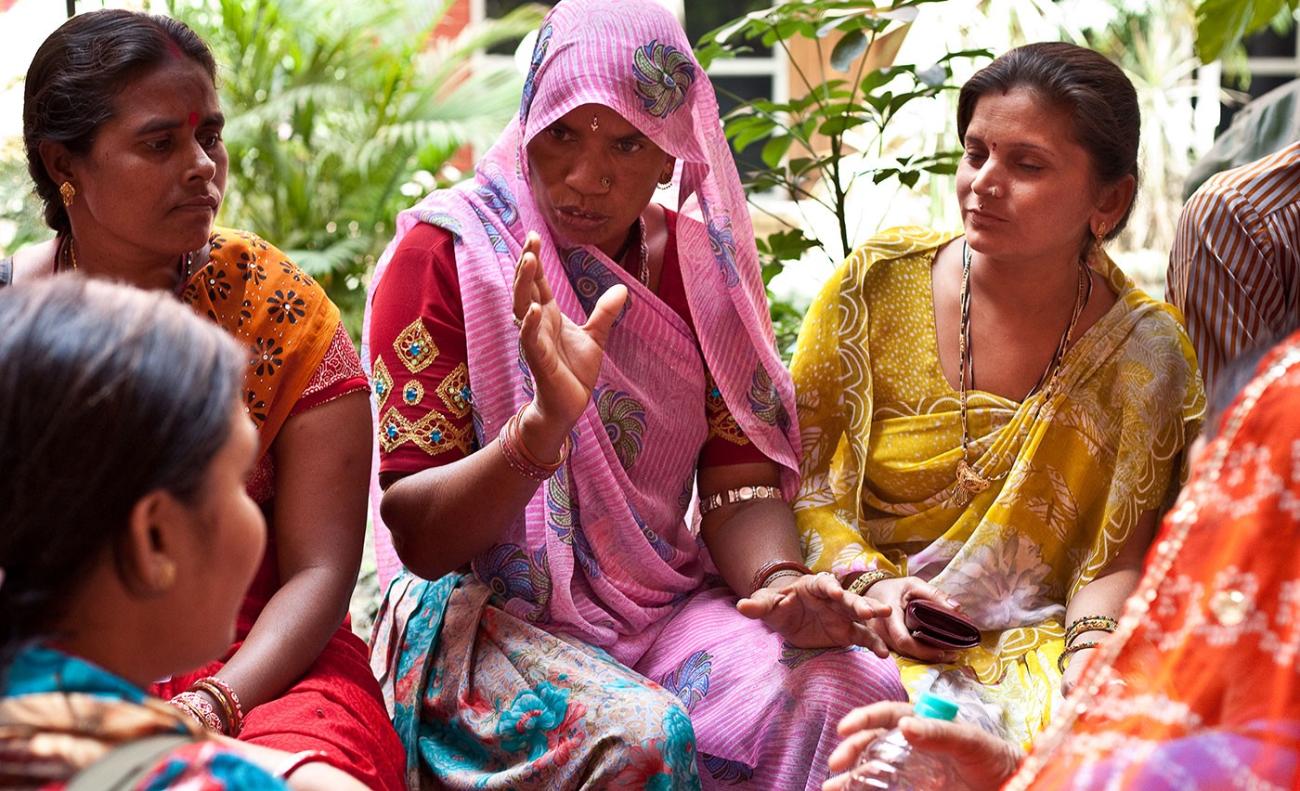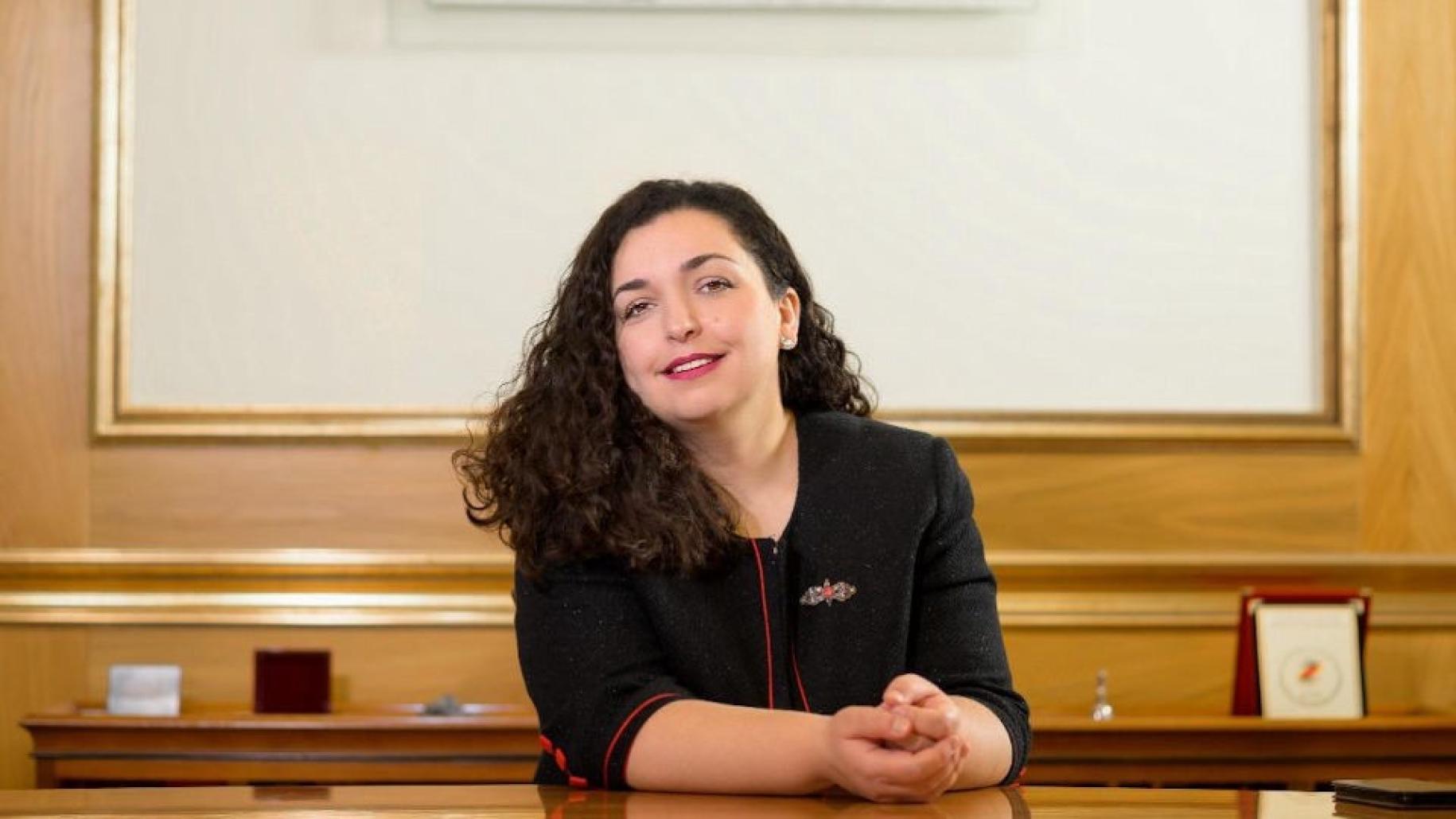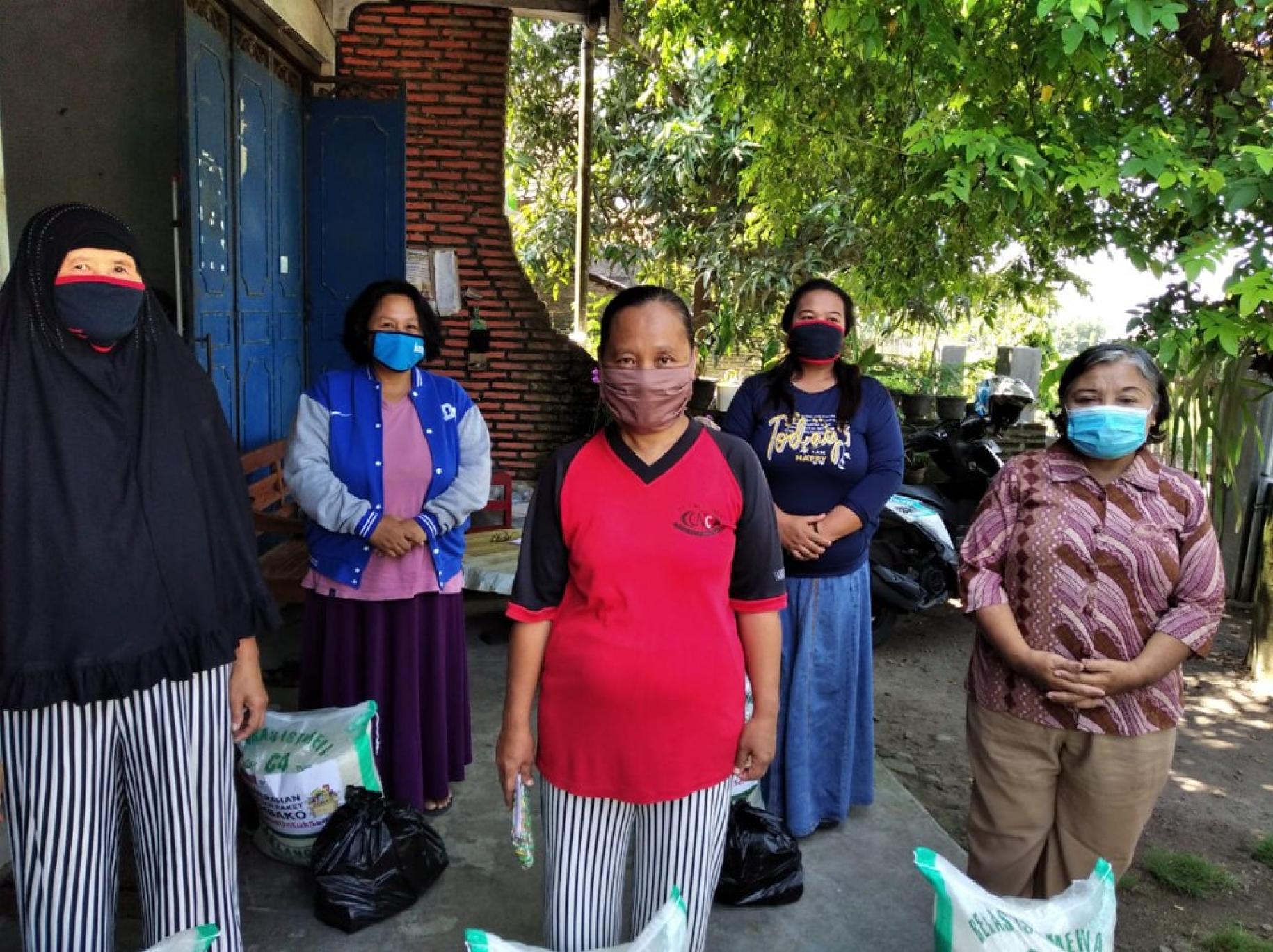Why is women’s leadership not in the headlines?

The question has never been whether women can lead as capably as men. Women have always led, and women will always lead, especially when the times are hard, and their communities are in need.
The question that we need to ask is, why is women’s leadership invisible? Why is their potential and their power stifled?
In the midst of a global pandemic, we find women on the front lines everywhere, as heads of government, legislators, healthcare workers, community leaders, and more. Although women’s organizations and community groups shoulder much of the responsibility of preventing the spread of the virus and serving those in greatest need, they are perennially left out of decision-making processes.
Today, women are Heads of State and Government in only 21 countries, despite the strong case that their leadership makes for more inclusive decision-making and more representative governance, even during this pandemic. Men are still 75 per cent of parliamentarians and hold 73 per cent of managerial positions. Most negotiators in formal peace processes are also men.
This year's International Day of Democracy, recognized last month, came as a reminder that unlocking the full breadth of perspectives, experiences and leadership of women is vital for building back better from this pandemic.
How women lead for the wellbeing of all. Here, are five examples:
1. Demonstrating strong women’s leadership in the pandemic

From Germany to New Zealand and Denmark to Iceland, women leaders have shown clarity, empathy, and strong communication in their decisions and policies during the COVID-19 pandemic. Vjosa Osmanu, the first woman assembly president in Kosovo, is among the many women leaders praised for their leadership during the crisis.
A former professor and mother of two girls, Osmanu is an outspoken advocate for women’s representation in politics. “When women participate in high-ranking political and state level [positions], they contribute to more balanced, gender-sensitive, environmentally considerate and forward-looking policies,” she says.
During the pandemic, women in Kosovo have faced high levels of vulnerability. Like many countries, Kosovo has seen a rise in domestic violence cases since lockdown measures were introduced. “I am consistently raising my voice about the pandemic’s gender dimensions, sharing relevant facts and information, while closely monitoring all government actions,” says Osmani.
Working to protect vulnerable populations from threats related to the COVID-19 crisis, she has joined the UN Women Kosovo campaign against domestic violence and has worked closely with UNICEF on issues related to children’s health and families’ wellbeing.
“A limited number of women hold leadership positions globally and the same applies to Kosovo. Social productivity cannot be reached while people are marginalized, discriminated and face gender-based barriers,” she shares, adding that both men and women need to contribute to efforts that put more women in decision-making positions.
Click here to read the full interview with Osmanu.
2. Fighting food insecurity on the front lines

Democratic principles are at the heart of the GUYUB project, an initiative providing essential support to women in Indonesia during the COVID-19 crisis. Guyub in Indonesian means “getting along” or “in togetherness”. It’s a philosophy that connects communities even as physical distancing and lockdown measures have disrupted social lives.
Jointly implemented by UN Women, UNODC and UNDP, the project provided recently distributed food and hygiene packages to families in ten Peace Villages across Java. Upon arriving in the villages, the packages were distributed by a women-led task force, in partnership with the Indonesian NGO Wahid Foundation.
“Large-scale social restrictions that were imposed in our city created a challenge for us… to buy, prepare and distribute food packages and hygiene kits,” says Siti Yulaikha, Task Force Member from Sidomulyo, Batu City, East Java. However, the women leaders made use of a facility that had previously served as a food bank, and although movement was limited, they managed to distribute the packages to community members most in need.
“The residents are thankful for the food packages as many shops and markets are closed. They also used the hygiene kits, such as disinfectant and soap, not only at home, but at public spaces, such as the village security post,” says Yulaikha.
To protect the health of their villages, task force members took up other important virus prevention roles as well, disinfecting public spaces, producing and distributing masks, and spreading awareness about health protocols. They have also set up a centre for coronavirus data collection, contact tracing, and health checks.
Their agile adaptation to the challenging circumstances doesn’t stop there; when many women saw dips in earnings due to closed markets and lost business opportunities, they recalled learnings from prior entrepreneurship training and created a WhatsApp group to serve as an online marketplace.
“Food stall owners utilized WhatsApp to arrange takeaway food orders and home delivery. These efforts have helped them with vital, sustained income during the pandemic,” Yulaikha says.
Read about the other three leaders by visiting the originally published article on Medium, written and produced by UN Women.





































